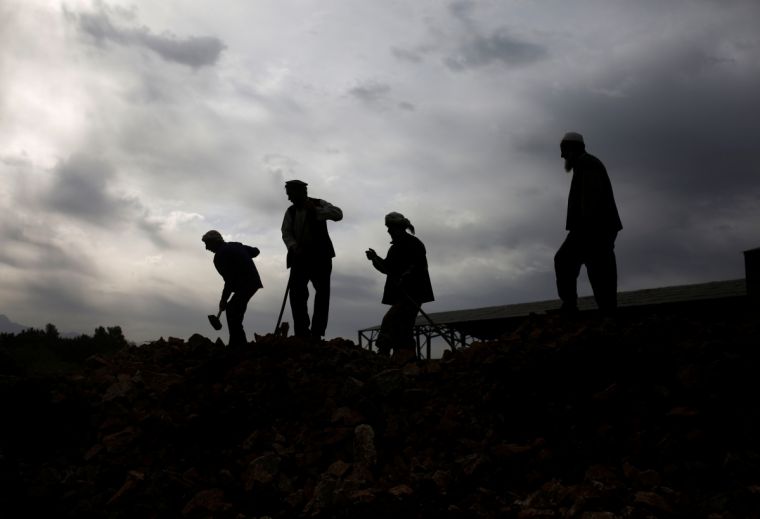'Tens of thousands' of slaves are held in UK – and Christians can help free them
Tens of thousands are trapped in slavery in the UK, the National Crime Agency revealed on Thursday, as modern slavery was shown to be far more widespread than previously thought.
Despite a slump in prosecutions for slavery and trafficking last year, the NCA warned gangs were holding slaves in every large town and city in Britain.

'As you go about your normal daily life there is a growing and a good chance that you will come across a victim who has been exploited,' said Will Kerr, the NCA's vulnerabilities director.
Previous estimates of between 10,000 and 13,000 were just a fragment of the total, he said.
'It's likely [to be] in the tens of thousands,' Kerr said. 'The more we look for modern slavery the more we find evidence of the widespread abuse of the vulnerable. The growing body of evidence we are collecting points to the scale being far larger than anyone had previously thought.'
He called on communities 'to be our eyes and ears' and look out for signs of trafficked victims, which he said could be anywhere from manual labour and operating car washes, to sexual exploitation and forced prostitution.
Responding to the findings, the Church of England said it was 'uniquely placed to be those eyes and ears, and to spread this message further' with its network of parishes.
Philippa Rowen, chaplain to the Bishop of Derby, said the Church will launch a three-year in October aimed at helping dioceses recognise and respond to modern slavery in their areas.
'We need communities that have their eyes open, who are aware enough of their surroundings that they can say when something doesn't look right,' she said. 'When the man cleaning their car has no safety equipment and looks underfed and tired. When their neighbours live-in nanny never seems to leave the house and is too frightened to talk to them. When the holiday let at the end of the road is being visited by different men all through the day and night.'
The Salvation Army's director of anti trafficking Anne Read said the findings matched her experience, where the number people referred for specialist help after being trafficked has risen year on year.
'For someone who has just been released from the living hell of being kept in slave-like conditions, it can take tremendous courage to be part of the process of confronting the people who exploited and abused them,' she said.
'We need people to accept that modern slavery is taking place all around us, in every community, urban or rural, affluent or poor. We all need to be alert to the signs that something suspicious we come across may be modern slavery and that by reporting our suspicions, we could ultimately help save someone's life.'
Mark Burns-Williamson, national lead on human trafficking for the association of police and crime commissioners, said: 'The main point we really need to drive home is that this horrendous crime is happening everywhere and we need our communities help to stop it.'
He added: 'General indicators of human trafficking or modern slavery can include signs of physical or psychological abuse, fear of authorities, no ID documents, poor living conditions and working long hours for little or no pay.
'Human trafficking and modern slavery destroy lives. They are terrible abuses of human rights, shamefully robbing people of their dignity, causing total misery to the victims, their families and our communities. We all need to work together to stop it.'











